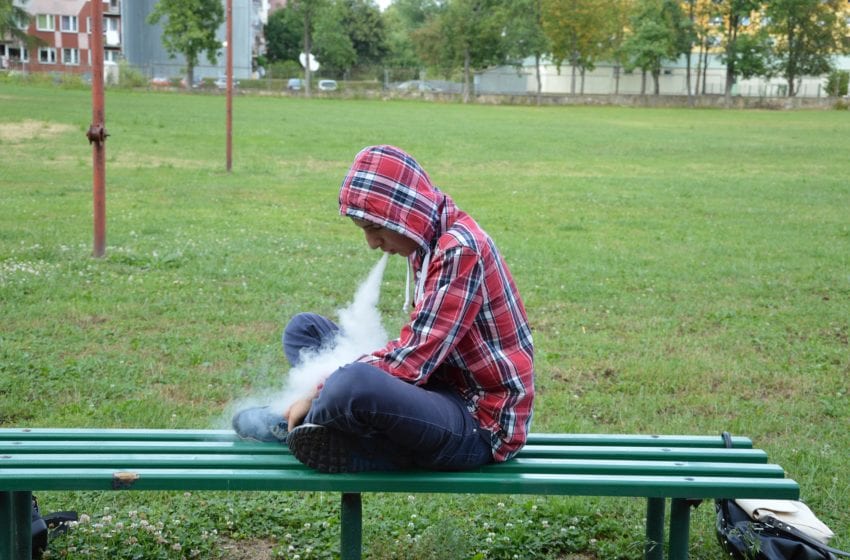A new study has concluded that teens who use e-cigarettes would have likely become combustible cigarette smokers if vaping products did not exist. Published in Nicotine & Tobacco Research, researchers found that “vaping is largely concentrated among non-smoking youth who would likely have smoked prior to the introduction of e-cigarettes, and the introduction of e-cigarettes has coincided with an acceleration in the decline in youth smoking rates.”

Dr. Natasha Sokol, a fellow at Brown University’s Center for Alcohol and Addiction Studies, and Dr. Justin Feldman, a fellow at Harvard’s François-Xavier Bagnoud Center for Health and Human Rights, wanted to find whether there was any truth to the so-called “gateway” theory: the idea that vaping, for teenagers, is a path toward smoking. The results they found is that e-cigarettes may be an important tool for population-level harm reduction, even considering their impact on youth.
Sokol and Feldman ran a regression analysis of 12th-graders with data culled from the “Monitoring the Future” report, a survey conducted by the National Institute on Drug Abuse (NIDA) that measures different forms of drug use by adolescents nationwide. The researcher’s modeling examined variables including age, race and ethnicity, geographic region of residency, grade point average, alcohol consumption and parents’ educational attainment, among several others. The end goal was to determine whether youth who used vaping products between 2014 and 2018 would have become smokers.
“Our model predicted smoking prevalence quite accurately prior to the availability of e-cigarettes,” Sokol told Filter. “But once e-cigarettes became available in a widespread way, it increasingly overestimated the prevalence [of smoking]. So the prevalence was decreasing, but our model based on a pre-e-cigarette era was predicting a decrease but not as steep. [The youth] who had a low propensity to smoke after e-cigarettes were available were exceedingly unlikely to use e-cigarettes.”
The researchers concluded that the youth who do vape are generally those who would have been smoking were vapes unavailable. “The decline in youth smoking,” Sokol continued, “really accelerated after the availability of e-cigarettes.”
“There are two bits of good news in this,” Clive Bates, a tobacco control expert and former director of Action on Smoking and Health (UK), told Filter. “The first is that young smokers will be diverted into vaping and probably spared a life of smoking. The second is that most of the vaping among kids who never would have been smokers will be pretty transient and likely not persist after a period of experimentation.”

